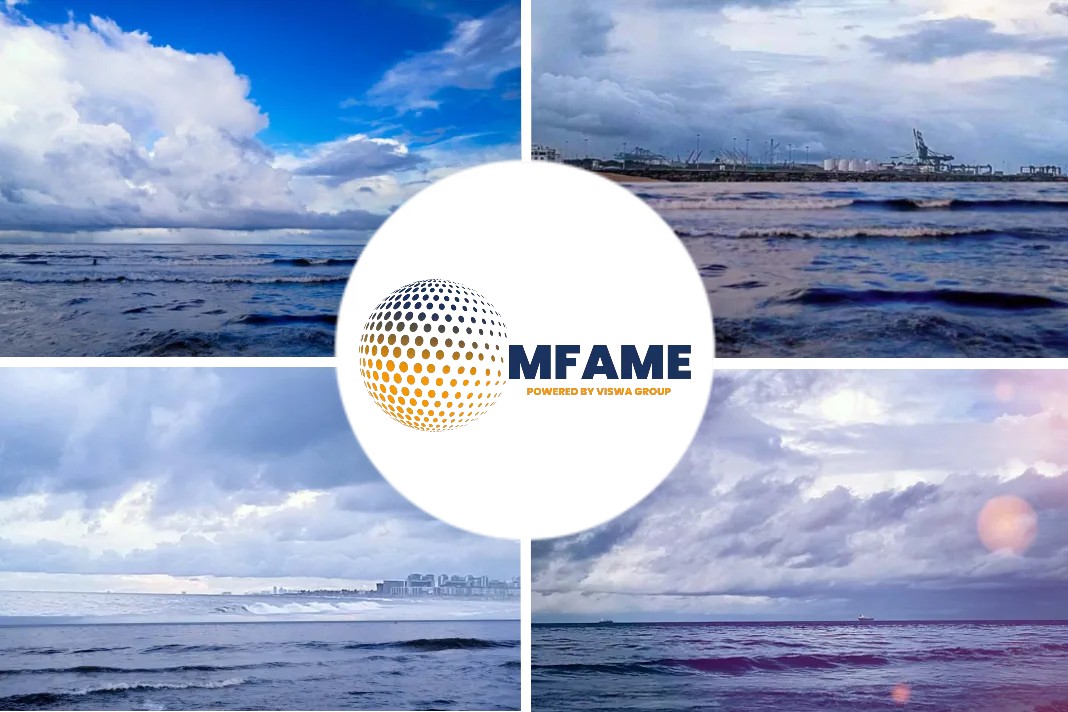- The “Mayflower 400″—the world’s first intelligent ship—bobs gently in a light swell as it stops its engines in Plymouth Sound, off England’s southwest coast.
- The 50-foot (15-metre) trimaran, which weighs nine tonnes and navigates with complete autonomy, is preparing for a transatlantic voyage.
- On its journey the vessel, covered in solar panels, will study marine pollution and analyse plastic in the water, as well as track aquatic mammals.
A recent news article published in the Tech Xplore by Anna Cuenca reveals the AI, captain and the first autonomous ship that prepares for maiden voyage.
Exploring the underwater
Eighty percent of the underwater world remains unexplored.
Brett Phaneuf, co-founder of the charity ProMare and the mastermind behind the Mayflower project, said the ocean exerts “the most powerful force” on the global climate.
Rosie Lickorish, a specialist in emerging technologies at IBM, one of the partners on the project, said the unmanned craft provided an advantage in the “unforgiving environment”.
“Having a ship without people on board allows scientists to expand the area they can observe,” she told AFP.
A variety of technology
A variety of technology and service providers have contributed to the project with hundreds of individuals involved from nations including India, Switzerland and the United States, said Phaneuf.
The project would have cost 10 times the roughly $1 million (820,000 euros) invested by ProMare without the “global effort,” he added.
Smart captain
The non-profit venture will offer the data gathered by the project free of charge. The information could be of particular use to the future of commercial shipping.
The autonomous ship is scheduled to embark on May 15 if weather is favourable and permission is granted by British authorities.
The journey to Plymouth, Massachusetts—the same voyage made by pilgrims on the original “Mayflower” in 1620 as they sought a new life in America—will take three weeks.
While the Mayflower 400 voyage has been delayed because of the pandemic, Phaneuf said at least no one will fall ill on the trip.
“No one will get bored or tired or sick on this one. So it can take as long as it likes to do science,” he said from the British port.
Sitting alongside him were three computer technicians checking the equipment remotely.
Lack of regulations
The “Mayflower 400” also had to be taught how to avoid collisions and first went to sea for “supervised learning”.
Robotics and software engineer Ollie Thompson said that by running a “number of scenarios” the ship can learn “what are good actions, bad actions, so safe and unsafe”.
So if it makes a mistake, the boat can correct itself “and then learn itself,” he added.
Did you subscribe to our daily newsletter?
It’s Free! Click here to Subscribe!
Source : Futureloop
















